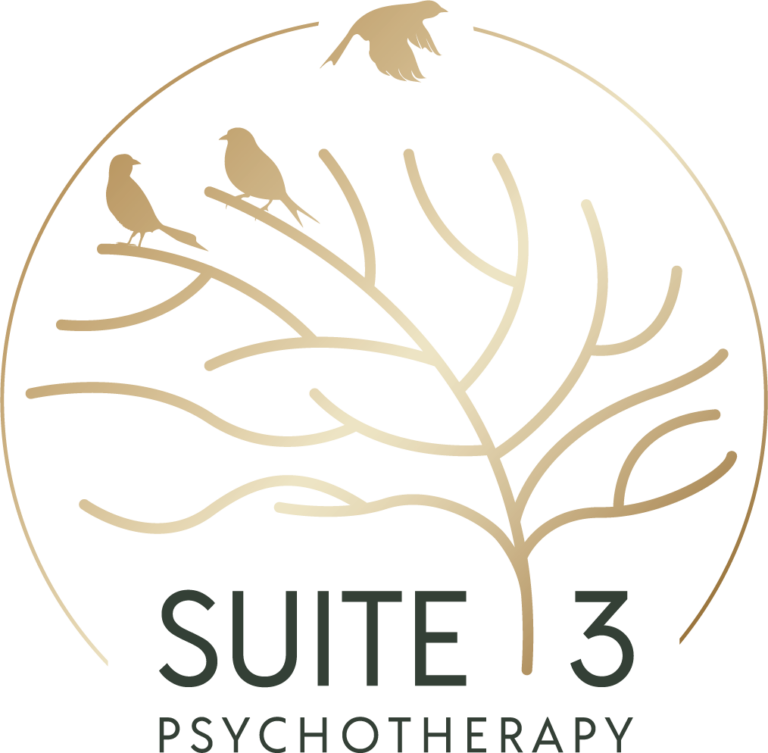Many people experience problems sleeping including not getting enough sleep, not feeling rested and not sleeping well. This problem can lead to difficulties functioning during the daytime and have unpleasant effects on your work, social, and family life. Problems sleeping can be secondary to a medical illness such as sleep apnea, or a mental health condition like depression. Sleep issues can be a sign of an impending condition such as bipolar disorder. In addition to affecting sleep itself, many medical and mental health conditions can be worsened by sleep-related problems.
How Is Mental Health Related to Sleep?
Sleep and mental health are intertwined. Sleep concerns are often tied to a number of specific mental health conditions and neurodevelopmental disorders.
Depression
It is estimated that over 300 million people worldwide have depression, a type of mood disorder marked by feelings of sadness or hopelessness. Around 75% of depressed people show symptoms of insomnia, and many people with depression also suffer from excessive daytime sleepiness and hypersomnia.
Seasonal Affective Disorder
Seasonal affective disorder is a subtype of depression that most often affects people during times of the year with reduced daylight hours. For example, people in northern climates may experience seasonal affective disorder during the fall and winter.
Anxiety Disorders
Anxiety disorders have a strong association with sleeping problems. Worry and fear contribute to a state of hyperarousal in which the mind is racing, and hyperarousal is considered to be a central contributor to insomnia. Sleep problems may become an added source of worry, creating anticipatory anxiety at bedtime that makes it harder to fall asleep.
How Can I Address My Sleep Concerns?
At our practice, we listen and curate a treatment plan based on your needs. To see if our practice is a good fit for you, please contact us at your earliest convenience.







